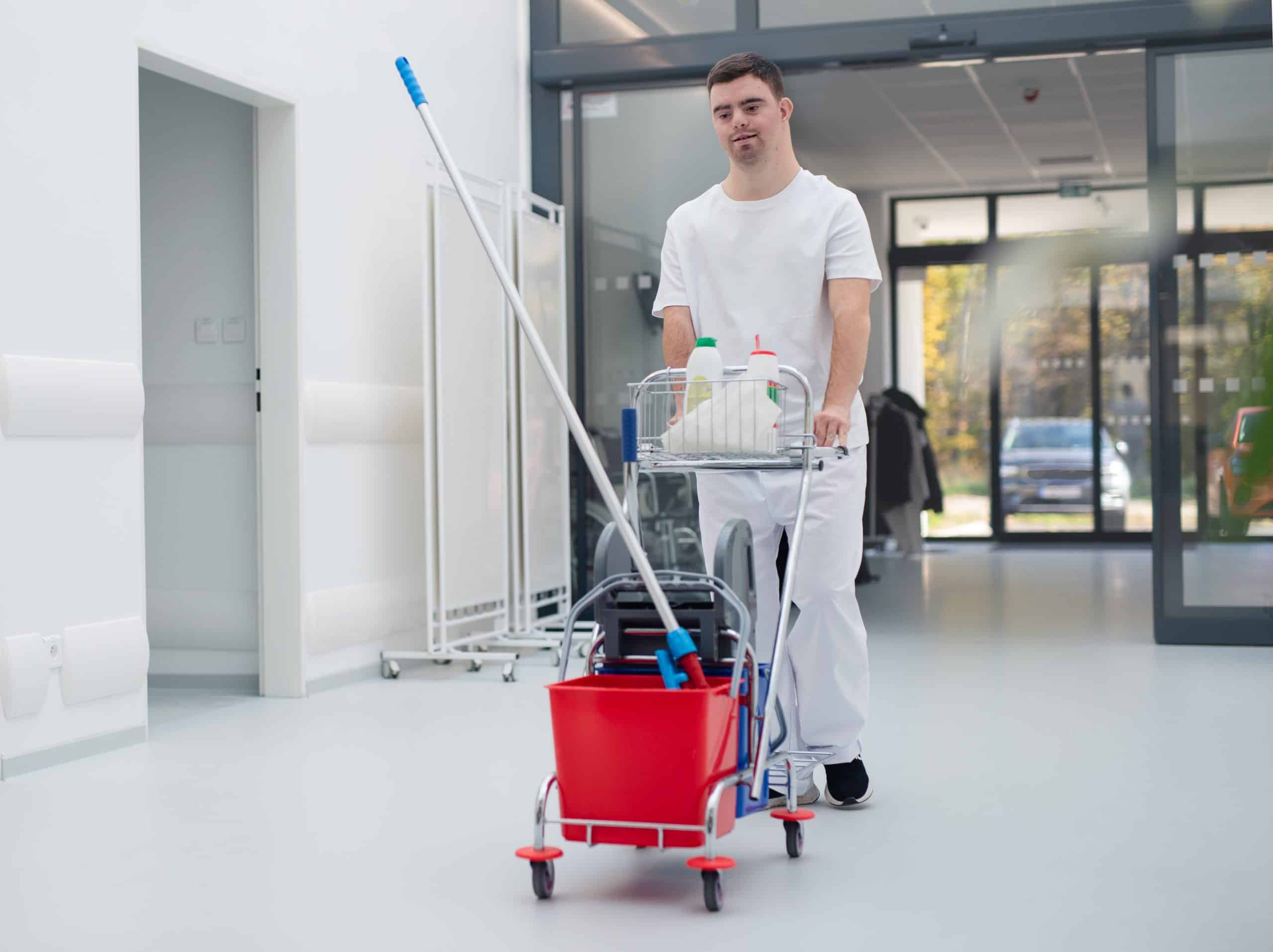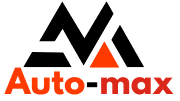How to Integrate IoT Devices for Smart Water Management in Residential Buildings?

In the era of interconnected devices and innovative technology, the idea of a smart home has ever been more appealing. Among the various sectors where the Internet of Things (IoT) can make a significant impact, water management in residential buildings is an area that cannot be ignored. With the integration of IoT devices, the monitoring and management of water usage within homes have never been easier.
This article offers insight into smart water management using IoT, data systems, monitoring technology, and devices. You’ll understand how IoT-based systems can assist in real-time water level monitoring, energy conservation, and water quality management.
Dans le meme genre : How to Manage Heat Island Effect in Dense Urban Areas with Innovative Roofing Solutions?
Understanding the Role of IoT in Smart Water Management
The Internet of Things (IoT) has paved the way for smarter, more efficient systems in various aspects of our lives. But, what exactly is the role of IoT in water management?
IoT is a network of interconnected devices, embedded with sensors, software, and other technologies for the purpose of exchanging data with other devices and systems over the internet. When integrated into water management systems, IoT devices can collect, monitor, and analyse data on water usage, quality, and energy consumption, thereby promoting efficient use and conservation of water resources.
Avez-vous vu cela : What Are the Effects of Advanced Building Codes on Real Estate Investment Returns?
In residential buildings, smart water management can include tracking of water usage patterns, alerting residents of any leaks or irregularities, monitoring the quality of water, and providing real-time feedback on consumption. This can result in significant energy and cost savings, as well as improved water conservation efforts.
The Integration of IoT Devices for Water Monitoring
The integration of IoT devices in a residential building’s water system is a straightforward process that doesn’t necessitate a major overhaul of existing infrastructure. It involves the installation of smart water meters, leak detection sensors, and other water monitoring devices. These devices can collect data in real-time, which can then be analyzed for insights.
Smart water meters are installed at various points in the building’s water supply system, such as at the main water line and at individual outlets. These meters record water flow data, allowing residents to monitor their consumption patterns.
Leak detection sensors, on the other hand, are installed in areas prone to leaks, such as under sinks and near water heaters. These sensors can detect minor leaks that may otherwise go unnoticed but can add up to significant water loss over time. When a leak is detected, the sensor sends an alert to the homeowner, allowing for prompt action.
Leveraging Data Systems for Smart Water Management
At the heart of a smart water management system is the data it collects. This data, gathered in real-time by IoT devices, is analyzed and interpreted to provide valuable insights into water usage patterns, detect anomalies, and even predict future trends.
The data gathered from the smart meters and sensors is transferred to a cloud-based system. Here, the data is stored, processed and analyzed. This can help in identifying patterns in water usage and detecting any anomalies, such as sudden increase in water usage, which may indicate a leak.
This data can also be used to forecast future water usage based on historical data, allowing residents to manage their water consumption more efficiently. For instance, if the data shows that water usage tends to spike during certain hours of the day, residents can adjust their schedules to avoid peak usage times, thereby saving water and reducing energy costs.
The Impact on Energy Conservation
Smart water management doesn’t just save water—it also contributes to significant energy savings. The energy that is required to treat and pump water can be reduced by minimizing wastage and optimizing usage.
For instance, smart irrigation systems can be programmed to water lawns and gardens at optimal times, such as early morning or late evening when evaporation rates are lower. This not only saves water but also the energy used to pump the water.
Furthermore, by monitoring water usage in real-time and adjusting habits accordingly, residents can reduce the amount of hot water used, which in turn cuts down on the energy consumed by water heaters.
Enhancing Water Quality Monitoring
One of the key advantages of IoT-based smart water management systems is the ability to monitor water quality in real time. This is especially important in areas where water quality can fluctuate or where contamination is a concern.
Quality sensors can detect a range of parameters including pH levels, turbidity, chlorine content, and presence of certain contaminants. This data is then sent to the cloud system for analysis. If an issue is detected, an alert is sent to the resident or building manager, allowing them to take necessary action to safeguard the health of the building’s occupants.
In essence, the integration of IoT devices for smart water management in residential buildings is a holistic approach that not only conserves water and energy, but also ensures the safety and health of residents by monitoring water quality. With the continuous evolution of IoT technologies, it’s clear that the future of water management is smart, efficient, and sustainable.
Discussion: IoT-Enabled Water Management Systems for Sustainable Living
An IoT-enabled water management system presents numerous benefits for residential buildings. It allows residents to have more control over their water resources, encouraging a more sustainable and efficient lifestyle. From real-time water level monitoring to leak detection and consumption analysis, IoT devices make smart water management a reality.
With the widespread adoption of smart buildings, the integration of IoT devices for water management is a logical advancement. It is not only a way to conserve water and energy but also a means to promote sustainable living. By providing detailed insights into water usage, such system enables residents to make informed decisions about their consumption habits.
Real-time data delivered by IoT devices also allows for immediate response to potential issues, such as leaks or contamination. This rapid response capability can significantly minimize water waste and ensure the safety of water supplies.
Furthermore, the use of cloud-based platforms for data analysis offers the capacity to recognize patterns and predict future trends. This predictive function can be used to manage water resources more efficiently, helping to prevent overconsumption and conserve water.
However, it is also essential to consider potential challenges in implementing these systems. While IoT technology has made significant strides, issues such as security and privacy, interoperability of devices, and the cost of installation and maintenance cannot be overlooked. Nonetheless, with the continuous evolution of IoT and the concerted efforts to address these challenges, the potential for IoT in smart water management is enormous.
Conclusion: The Future of Water Management is Smart
In conclusion, the integration of IoT devices for smart water management in residential buildings signifies a step towards a more sustainable future. As the world faces increasing water scarcity and energy issues, adapting smart technologies such as IoT-based systems is more than just a trend—it’s a necessary transition.
With the ability to monitor and manage water consumption in real time, detect leaks, and assess water quality, these systems can significantly conserve water and energy. Additionally, they empower residents to take charge of their water usage, promoting conscious consumption and sustainable living.
While there may be challenges to overcome, the benefits of IoT-enabled water management cannot be understated. As more residential buildings adopt these systems, the impact on water conservation and energy savings will be substantial. The future of water management is without a doubt intertwined with IoT, positioning smart buildings at the forefront of sustainable living.
